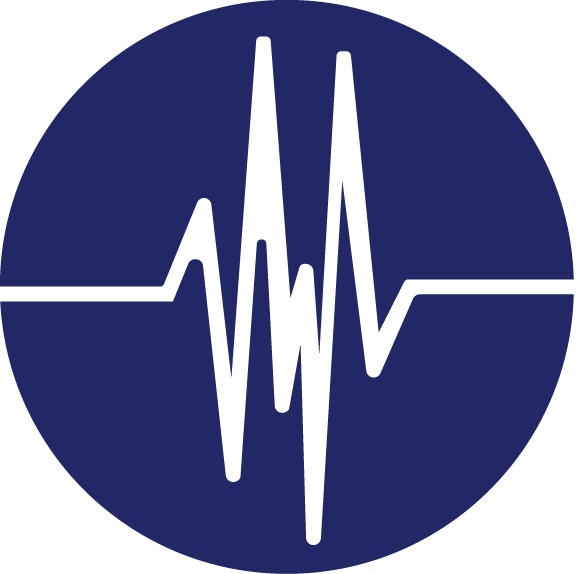Data quality for healthcare

Trusted By





Trusted By





Did you know?
How bad data affects healthcare?
Patient matching remains a critical challenge
38 percent of U.S. healthcare providers have incurred an adverse event within the last two years due to a patient matching issue.

Absence of patient identifier
Healthcare providers lack a unique patient ID with which to accurately link records across thousands of records.

Duplicate medical records
Multiple name variations, varied data formats, and data entry errors can increase the complexity of existing datasets.

Incorrect diagnosis
Poor patient matching can lead to patients diagnosed with wrong prescription drugs or cause delays in treatment.

Higher operating costs
Duplicate records and denied claims due to complex data silos can cost hospitals thousands of dollars per patient.

ICD-10 classification issues
Healthcare providers are required to accurately map 14000+ diagnostic codes with their clinical practices for compliance purposes.

Inconsistent data standards
Lack of data governance standardization rules can lead to varied data formats, preventing a single patient view.
Solution
DataMatch Enterprise – A robust patient matching software

Customer Stories
See what healthcare organizations are saying...

DataMatch Enterprise™ was much easier to use than the other solutions we looked at. Being able to automate data cleaning and matching has saved us hundreds of person-hours each year.



We liked the ability of the product to categorize the data in the way that we need it, and its versatility in doing that.



The idea of linking two groups of records was overwhelming for the research department. The process would be very time-consuming and threaten the timeliness and process of the research activitie'


Business Benefits
What’s in it for you?
Enhanced interoperability
A single patient view across internal and external systems can optimize data sharing among relevant stakeholders as required.
Reduce healthcare costs
Lack of duplicate medical records and inconsistencies can help avoid unnecessary treatment equipment and medical staff expenses.
Effective patient care
Efficient matching can ensure a patient’s history is correctly linked with the right diagnosis and treatment, resulting in improved patient satisfaction.
Rapid ICD-10 classification
Save hundreds of man-hours in mapping the sheer number of ICD-10 diagnostic codes with medical procedures and practices.
Better visibility
Consistent data standards and lack of data silos can improve tracking of patients across multiple hospital visits, medical tests, and treatment procedures.
Lower patient waiting times
Real-time API integration and data cleansing flows can lower the time-to-insight and find matches in minutes, reducing treatment delays.
Want to know more?
Check out DME resources

Merging Data from Multiple Sources – Challenges and Solutions
Oops! We could not locate your form.

Big Data Analytics Is Booming – But Is Your Data Ready for It?
Amazon generates 35% of its revenue from data-powered recommendations. Netflix enjoys an 89% retention rate by personalizing every experience using viewer behavior, preferences, and interaction

Data Ethics in the Age of AI: Why Responsible Matching Matters More Than Ever
When AI systems deliver inaccurate or inequitable results, many people immediately assume that something went wrong in the algorithms. Rarely do we look upstream –

Big Data Analytics Is Booming – But Is Your Data Ready for It?
Amazon generates 35% of its revenue from data-powered recommendations. Netflix enjoys an 89% retention rate by personalizing every experience using viewer behavior, preferences, and interaction

Data Ethics in the Age of AI: Why Responsible Matching Matters More Than Ever
When AI systems deliver inaccurate or inequitable results, many people immediately assume that something went wrong in the algorithms. Rarely do we look upstream –

Why Data Interoperability Challenges Are Holding Back Your Insights – And What to Do About It
Every modern organization thinks it’s interoperable—until the data says otherwise. Your systems are technically connected. APIs are firing. Data is flowing. But when you zoom










































